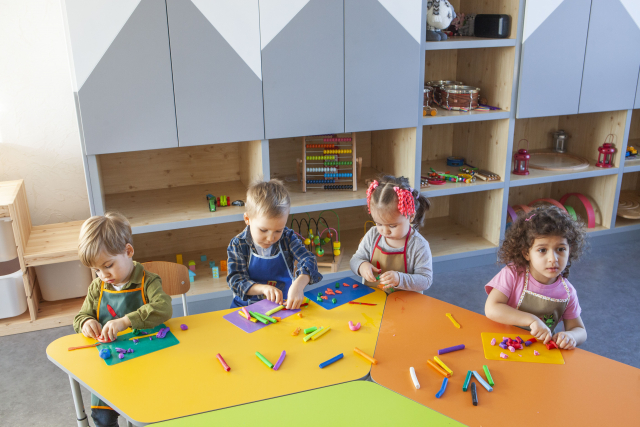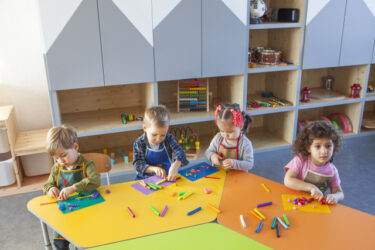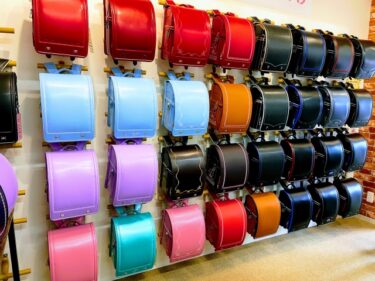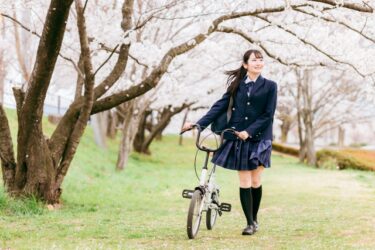For families moving to Japan, one of the most important aspects of settling in is ensuring your children have access to the right childcare and educational facilities. Whether you’re new to the country or have been here for a while, understanding how Japan’s childcare system works and finding the best schooling options can be overwhelming. This page is designed to help you navigate through the essentials, from childcare services to the Japanese school system. We aim to answer common questions and provide information to support your family’s needs as you settle into life in Japan.
Childcare Services in Japan
Japan offers a variety of childcare services for families with young children, catering to different needs based on your working hours, location, and the age of your child. Here are the key options.
Nursery Schools (Hoikuen)
Hoikuen are government-licensed daycare centers, ideal for working parents who need full-day childcare. They accept children from as young as a few months up to six years old, before they enter elementary school. Hoikuen are available in both public and private options.
- Public Hoikuen: Operated by local municipalities and often more affordable. However, due to high demand, especially in urban areas, there can be a waiting list.
- Private Hoikuen: Privately operated and can offer more flexible hours, though they may be more expensive.
Kindergartens (Yochien)
Yochien are more like preschools, focused on early childhood education rather than daycare. They are usually half-day programs and cater to children aged 3 to 6 years old. These institutions often focus on preparing children for elementary school, offering more structured activities and learning.
After-school Care (Gakudo)
For school-aged children, there are after-school care programs known as Gakudo. These programs provide a safe place for children to go after school while their parents are still at work. Gakudo facilities are often located on or near school grounds, making them convenient for families with older children.
Unlicensed Childcare (Ninka-gai)
For families who need immediate or flexible care, unlicensed childcare facilities are also available. These centers may not meet the same strict regulations as government-approved ones, but they often cater to specific needs, such as extended hours or bilingual staff.
Schooling in Japan
The Japanese education system can seem complex at first, but with some basic understanding, you’ll be able to find the right option for your child. Here’s what you need to know.
Public Elementary and Junior High Schools
Public schools in Japan are free and mandatory for children from age 6 to 15 (grades 1–9). The curriculum is standardized nationwide, and classes are conducted in Japanese. Public schools provide an excellent opportunity for children to learn Japanese and integrate into the local culture. Schools often have support systems for non-Japanese-speaking students, though this varies by region.
- Elementary School (Shougakkou): Ages 6–12 (Grades 1–6)
- Junior High School (Chuugakkou): Ages 12–15 (Grades 7–9)
International Schools
For families looking for an education system in line with their home country or a bilingual curriculum, international schools are a popular option. These schools typically follow foreign curricula such as American, British, or International Baccalaureate (IB) systems. Classes are often taught in English, though some schools may offer instruction in other languages or a bilingual program.
- Popular International Schools in Japan: Many international schools are located in major cities like Tokyo, Yokohama, Osaka, and Nagoya. These schools are a great choice for families looking for an internationally accredited education, but they can be expensive, and spots may be limited, so early application is recommended.
Private Schools
Japan also has a variety of private schools, both Japanese and international. Private schools offer smaller class sizes, a variety of extracurricular activities, and specialized educational programs. However, they tend to be more expensive than public schools and may require entrance exams.
Special Support for Non-Japanese Students
Some local governments offer language support classes or tutors to help non-Japanese children integrate into public schools. These services may include Japanese language lessons or assistance from bilingual staff. It’s worth contacting your local city office or Board of Education for information on available resources.
Key Considerations for Foreign Families
- Language Barrier: For non-Japanese speakers, navigating the childcare and school systems can be challenging due to the language barrier. International schools or bilingual childcare options may be preferable for some families, especially in larger cities where these services are more available. However, for those looking to immerse their children in the local culture, public schools can offer great language learning opportunities.
- Availability and Enrollment: In larger cities, it’s common for public childcare facilities (especially Hoikuen) to have waiting lists. Make sure to apply early, and consider all your options, including private childcare or temporary unlicensed care if necessary.
- Cost: While public schools and government-licensed childcare are often affordable, private and international schools can be expensive. Keep this in mind when budgeting for your family’s education and childcare needs in Japan.
Helpful informations
Japan National Tourism Organization (JNTO) – Childcare and Education in Japan
- This page provides an overview of Japan’s childcare and education system, specifically designed for foreign residents. It explains key aspects like preschool, daycare, and schools in Japan.
- URL: https://www.jnto.go.jp/
Tokyo Metropolitan Government – Childcare Support for Foreigners
- This page offers childcare support information for foreign residents in Tokyo. It includes details on how to apply for daycare centers (Hoikuen), fees, and registration processes.
- URL: https://www.metro.tokyo.lg.jp/english/guide/childcare.html
Guide to International Schools in Japan
- This site provides a comprehensive list of international schools across Japan, with information on how to choose the right one based on your location and educational needs.
- URL: https://www.international-schools-database.com/
Japan Life Guide for Foreigners by CLAIR
- This is a general life guide for foreigners living in Japan, provided by CLAIR (Council of Local Authorities for International Relations). It includes detailed information on childcare, education, healthcare, and more.
- URL: https://www.clair.or.jp/tagengorev/en/index.html
Japan Times – Education Guide for Expats
- This guide is tailored for expatriates in Japan, focusing on educational options like international schools, bilingual education, and navigating the Japanese school system.
- URL: https://education.japantimes.co.jp/
These resources should help you gather detailed and specific information on childcare and schooling options in Japan. Each site provides insights into different aspects, from navigating the public system to choosing private or international schools.
If you can’t find the information you’re looking for, please send us a request through the contact form.
We will create articles based on the most frequently asked questions.
Our contact form is here.








